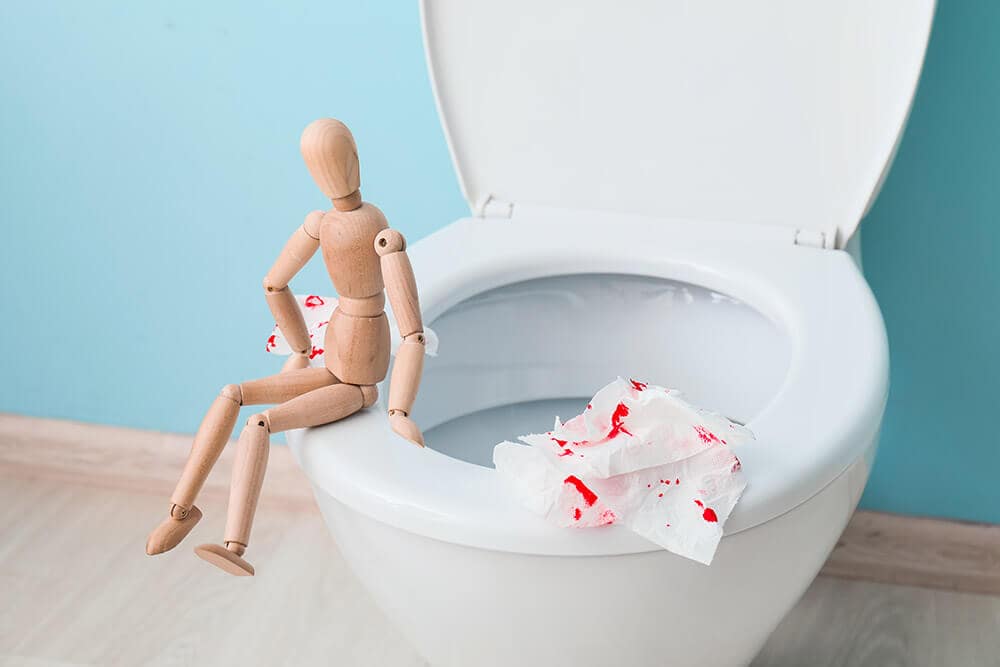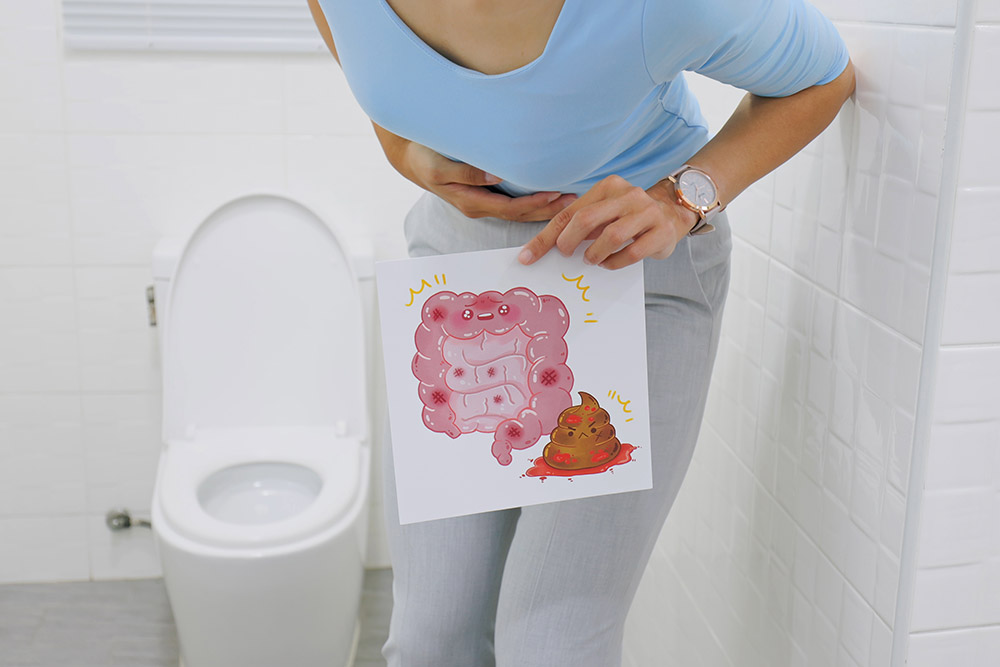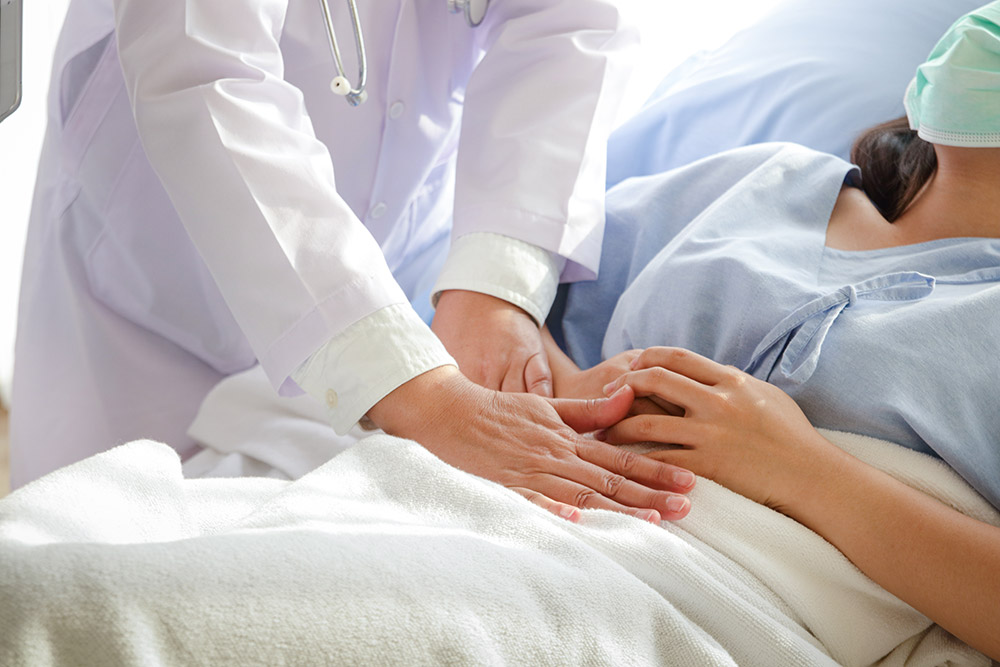What Is Rectal Bleeding?
Rectal bleeding means blood comes out of your anus. It may show up on toilet paper, in the bowl, or mixed with your stool. Bright red blood is fresh. Dark, sticky stool (called melena) can mean older bleeding. Even small amounts should be checked.
Common Causes and Risk Factors
- Hemorrhoids - swollen veins in the anus
- Anal fissures - small tears from hard stools
- Diverticular disease - pouches in the colon that can bleed
- Colitis or Crohn's - bowel inflammation
- Polyps or cancer - growths in the colon
- Low-fiber diet
- Chronic constipation
- Lifting heavy items
- Age over 50
- Family history of colon issues
Signs and Symptoms
- Bright red blood during or after a bowel movement
- Blood on the toilet paper or in the bowl
- Tarry, black stool (melena)
- Feeling dizzy or tired (if blood loss is significant)
- Sometimes no pain at all
How Dr. Rishi Diagnoses Rectal Bleeding?
Dr. Rishi Chadha uses a step-by-step approach:
Medical History and Physical Exam
He reviews your symptoms, bowel habits, diet, and family history, then performs a gentle rectal exam.
Anoscopy or Proctoscopy
These in-office scopes allow Dr. Chadha to inspect the lower rectum and anal canal for hemorrhoids, fissures, or inflammation.
Colonoscopy
When indicated, he conducts a full colonoscopy to visualize the entire colon, identify polyps, diverticula, or bleeding sources, and remove any suspicious lesions.
Laboratory Tests
Blood work checks for anemia and rules out other systemic causes of bleeding or infection.
Imaging Studies
- CT scan or MRI may be ordered if bleeding is severe or the source isn-t clear on endoscopy.
- These images help locate deeper or atypical bleeding sites.
ICD-10 Coding
Once identified, rectal bleeding is coded as K62.5 for accurate medical records and treatment planning.
Frequently Asked Questions
What causes rectal bleeding?
Often hemorrhoids, fissures, polyps, or bowel disease.
What is the ICD-10 code?
K62.5 - Rectal or anal bleeding.
Can it happen without pain?
Yes. Some types cause no pain at all.
Can I stop it at home?
Try fiber, water, sitz baths, and gentle wipes. But see a doctor if it doesn-t stop.
When should I see Dr. Chadha?
Any time you see blood, especially if it keeps coming back.
Is rectal bleeding serious?
It can be. That's why it's important to get it checked early.
Can food help?
Yes. Fiber-rich foods and water can reduce bleeding.
What tests will I need?
Usually anoscopy, colonoscopy, and blood work.
What does GastroDoxs offer?
Personal care, advanced tools, and expert treatment.
Will it come back?
If you follow the care plan, most cases stay under control.











